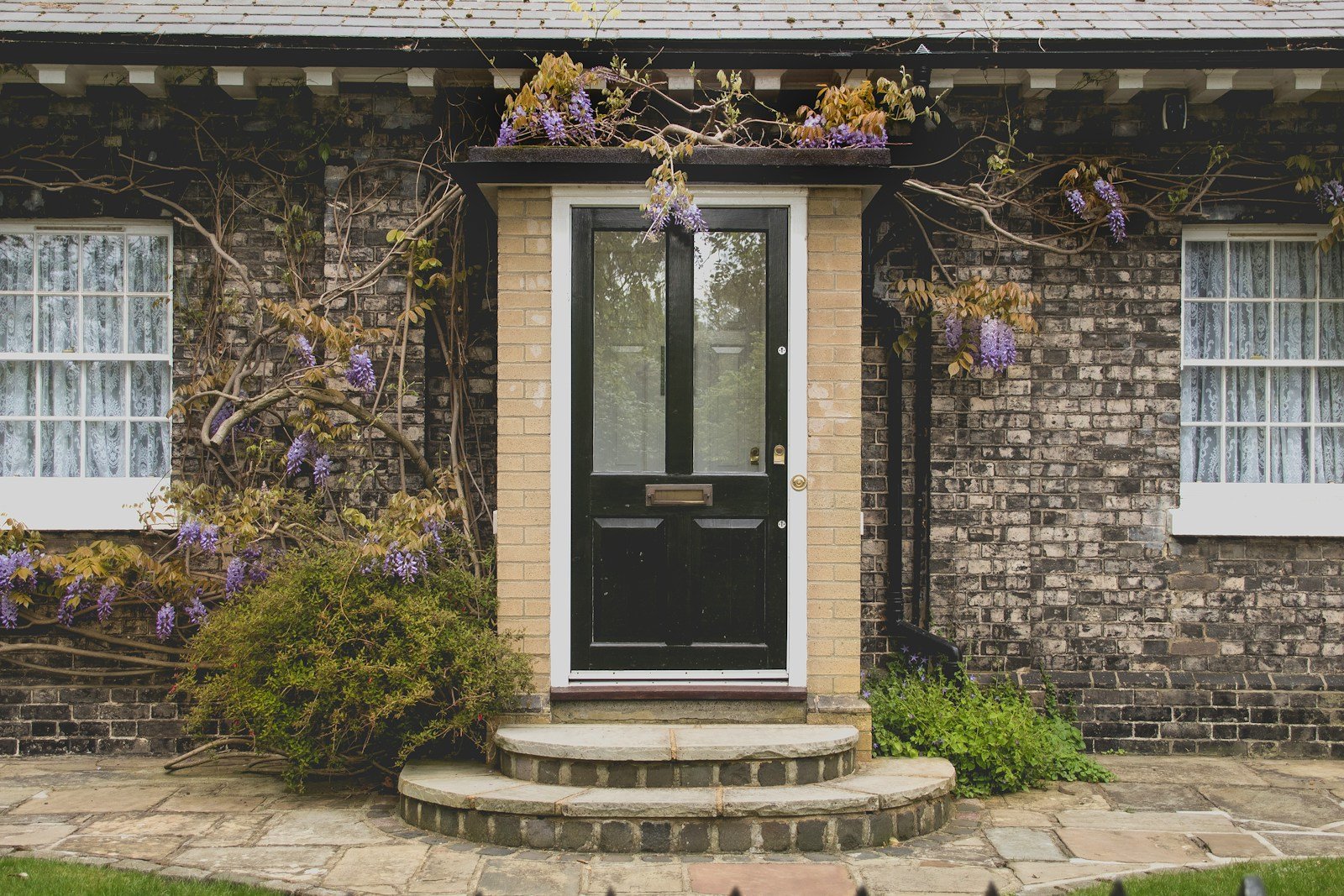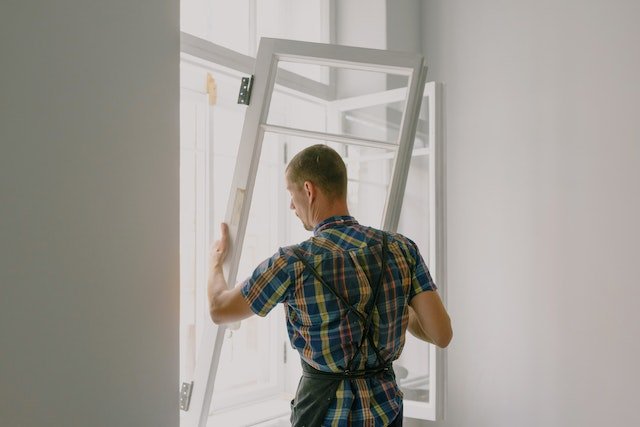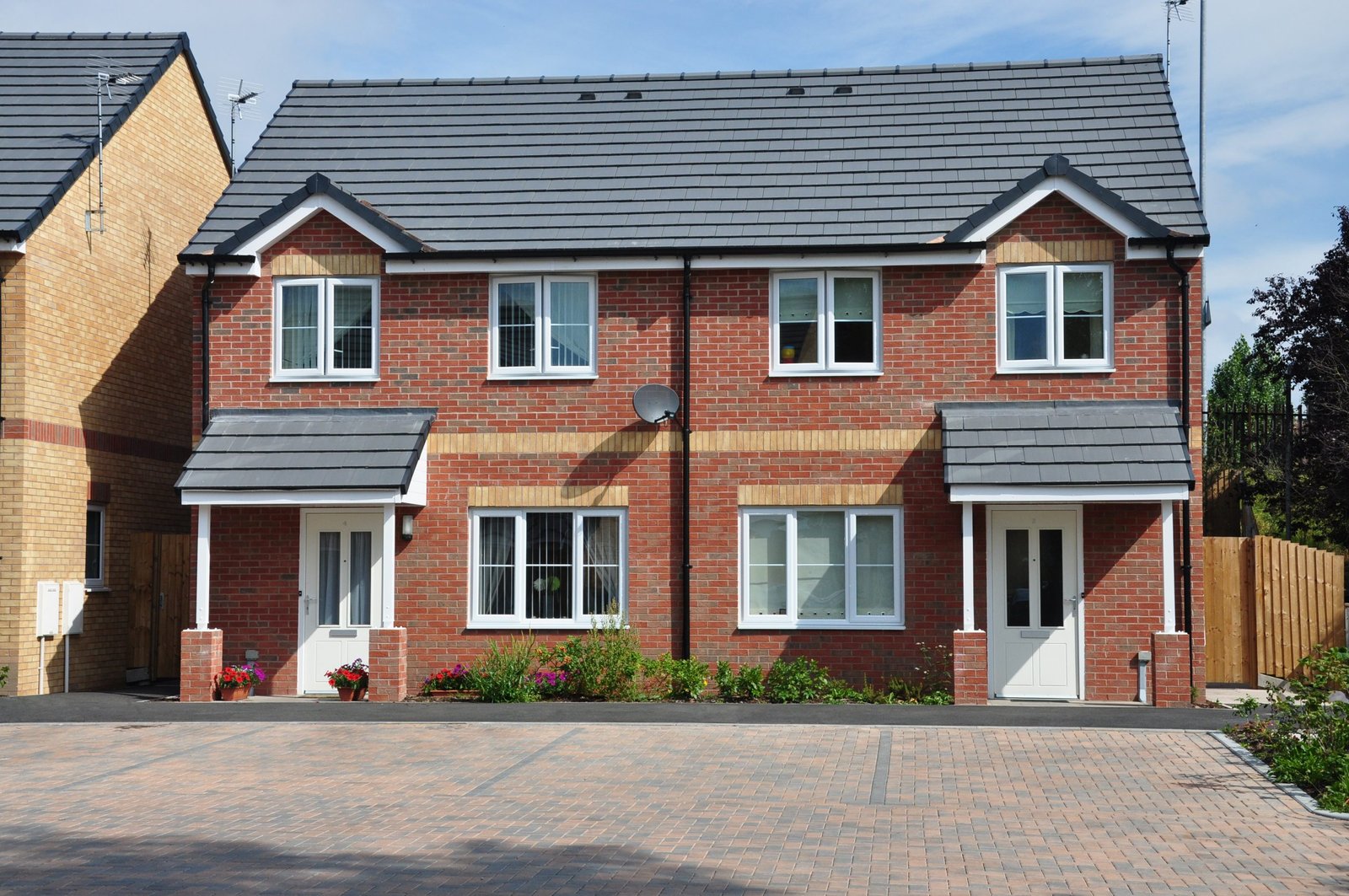When it comes to enhancing the energy efficiency and security of our homes, the terms “double glazing” and “UPVC windows” often come up. However, there seems to be some confusion surrounding these two concepts. Are they interchangeable, or do they refer to different aspects of window technology? In this blog, we will delve into the intricacies of double glazing and UPVC windows, shedding light on their similarities and differences.
Understanding Double Glazing
Double glazing refers to a window construction technique that involves two glass panes separated by a layer of air or gas. This design provides superior insulation and reduces heat transfer, resulting in improved energy efficiency. The gap between the panes acts as an effective barrier against noise and reduces condensation build-up, making it a popular choice for modern homes.
Exploring UPVC Windows
UPVC, which stands for unplasticised polyvinyl chloride, is a type of robust and durable material used in window frames. UPVC windows offer several advantages, including low maintenance, excellent insulation properties, and resistance to rot, rust, and warping. They are known for their longevity and ability to withstand various weather conditions, making them a cost-effective choice for homeowners.
The Relationship Between Double Glazing and UPVC Windows
Contrary to popular belief, double glazing and UPVC windows are not the same. While double glazing pertains to the glass panes, UPVC refers to the material used for the window frames. These two concepts often go hand in hand, as UPVC frames are commonly used in conjunction with double glazing to maximise energy efficiency and insulation.
Advantages of Double Glazing with UPVC Windows
Enhanced Energy Efficiency
The combination of double glazing and UPVC frames significantly reduces heat loss through windows, leading to lower energy consumption and reduced utility bills.
Noise Reduction
The insulating properties of double glazing, coupled with the soundproofing qualities of UPVC frames, create a quieter and more peaceful indoor environment.
Improved Security
UPVC windows are inherently secure due to their robust construction, and when paired with double glazing, they provide an extra layer of protection against potential intruders.
Condensation Control
Double glazing helps to minimise condensation build-up on windows, reducing the risk of mold and dampness in the home.
Distinctions Between Double Glazing and UPVC Windows
Double glazing can be incorporated into various window frame materials, including timber and aluminum, whereas UPVC windows exclusively refer to frames made from unplasticized polyvinyl chloride.
UPVC windows can be single or double glazed, depending on the homeowner’s preferences and requirements. Double glazing, on the other hand, always involves two glass panes with a sealed gap in between.
While UPVC frames are known for their durability and resistance to weathering, the longevity of double glazing largely depends on the quality of the glass panes and installation.
Conclusion
In conclusion, double glazing and UPVC windows complement each other to create energy-efficient, secure, and aesthetically pleasing window solutions. Double glazing refers to the glass panes, offering insulation, noise reduction, and condensation control, while UPVC windows encompass the material used for the frames, providing durability and low maintenance. By understanding the distinctions between these concepts, homeowners can make informed decisions when it comes to enhancing their homes’ comfort, efficiency, and security.
















